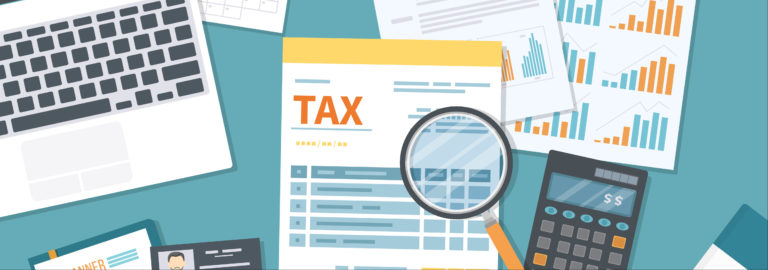
To help businesses and self-employed workers manage their cash flow during the pandemic, HMRC are deferring VAT payments that become due between 20 March and 30 June 2020.
In addition, the second self-assessment payment on account for the tax year 2019/20 due on 31 July can be deferred until January 31, 2021. No interest or penalties will arise and deferral is automatic with no applications required.
Short-term financial relief with long-term implications?
Allowing people more time to pay their tax bills will provide welcome relief for many. In the short-term, it will go some way to reducing the commercial and financial impact to enable professionals to utilise their cash reserves towards more immediate expenses.
Businesses and self-employed workers who are in financial distress and owe outstanding tax can also apply for a ‘Time to Pay’ arrangement. This provides a pre-agreed, time-limited deferral period to pay what you owe HMRC.
Whilst deferring your tax bill may seem an easy decision, there could be financial implications by choosing to delay payment. These could become more significant in an uncertain business climate, particularly if there is a second outbreak of the pandemic.
Remember that the deferred amount will become due at the same time as your January self-assessment tax liability (January 31, 2021), leaving you with a larger bill than usual. This could bring unexpected cash flow challenges in the new year at a time when you will be hoping your practice is in recovery following previous lost momentum.
Deferral isn’t the only option
To avoid increased costs in the future, you can still choose to pay your tax bill now as you normally would. In fact, HMRC are encouraging businesses and self-employed workers to behave as ‘good citizens’ and pay the tax they owe on time thereby helping the Government. In doing so, you could be helping yourself in the long-term.
If you do choose to make the payment, you may wish to spread the cost over the remaining months of the year in order to retain working capital in your business.
Alternative finance providers offer unsecured loan facilities which allow you to spread the cost of tax liabilities in a flexible way, over a term of six or 12 months (for self-assessment tax). Some specialist lenders are also currently offering an optional deferred repayment for the first month, further easing the burden on your finances.
Whichever option you take, it’s important to have your business accounts that end in the 2019/20 tax year prepared as soon as possible so that you have early visibility of your January 2021 tax liability.
In a world that has become increasingly unpredictable, gaining better predictability over your monthly expenditure will enable you to navigate current and future challenges with a clear perspective and a degree of peace of mind.
Resources & Whitepapers
Follow this link for more information on tax funding or email [email protected] for further details.
Leave a Reply